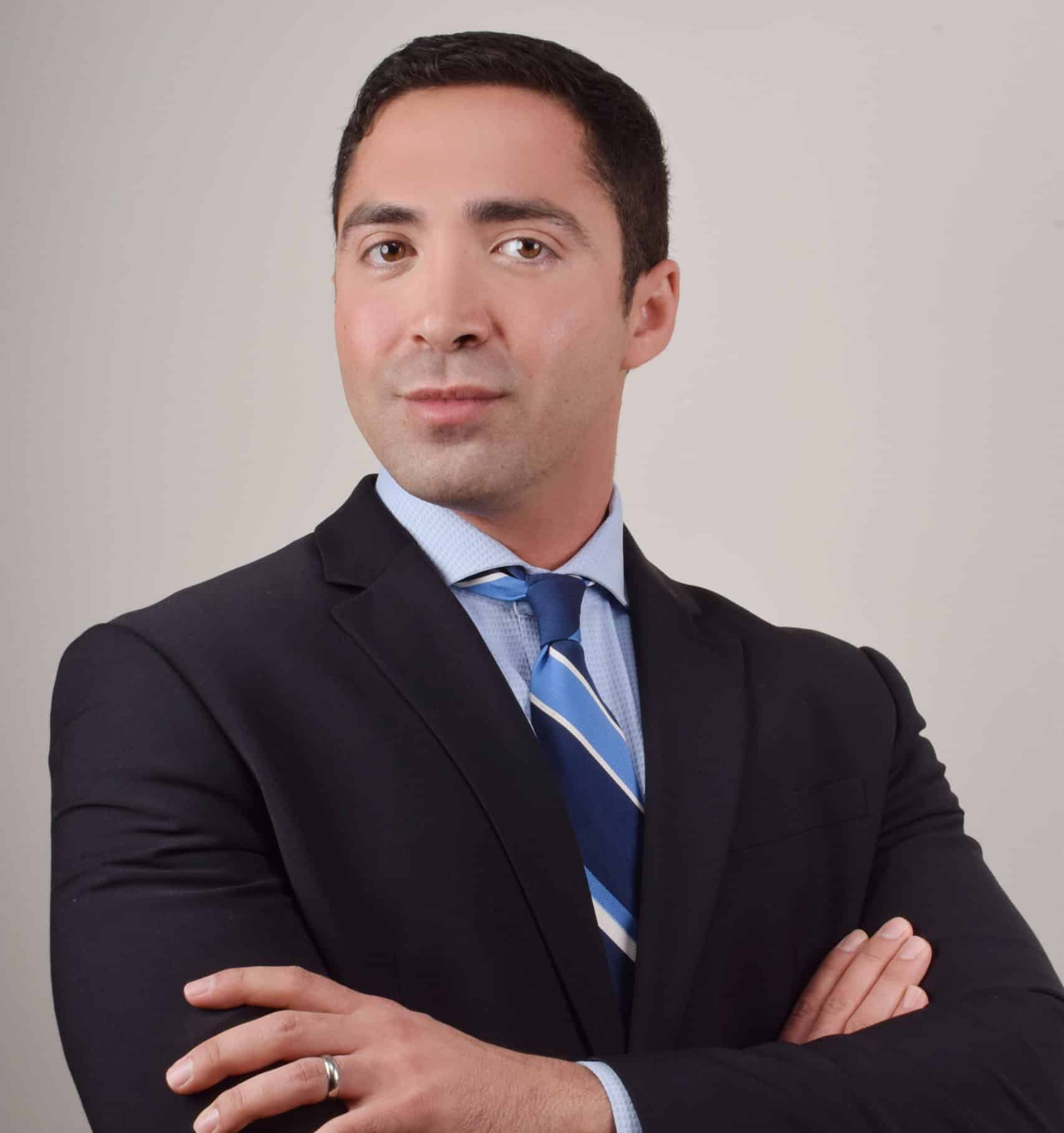Lack of Capacity
Under Florida law, a will is only considered legal and valid when it is made by an adult of sound mind and signed by the testator in front of two witnesses. Florida courts can invalidate a will under certain circumstances, including on the grounds that the testator lacked testamentary capacity or sound mind.
Lack of capacity is one of the few grounds under which a will can be contested by an interested party such as an heir or beneficiary. However, proving lack of capacity is challenging, and the presence of mental disease, or illness such as dementia, does not automatically mean someone lacks testamentary capacity.
What Is Testamentary Capacity?
A valid will requires that the testator be of sound mind when the will was executed.
Someone is of sound mind when they understand:
- What making a will means and the effects and implications of executing such a document
- The nature of their own property and assets
- The relationships they have with the individuals who will receive their property
- What their will says about the disposition of their property
Old age, illness, and mental disease such as Alzheimer’s disease do not automatically prove a lack of capacity. Someone with mild to even moderate dementia, or a disorder with periods of lucidity, can still be found to have sound mind to create a will. However, someone with dementia who does not remember the identity of the beneficiaries in their will, nor the relationships between themselves and the person, or persons, named in the Will, would often not be considered to have the sufficient mental capacity to make a will.

Challenging a Will for Lack of Capacity in Florida
Only interested parties can challenge a will in Florida. This typically includes anyone who could be affected by the estate’s probate proceedings. This includes named beneficiaries, intestate heirs, nominated personal representatives, and potentially even creditors.
There is a strict deadline to file a will contest. The Petition for the Revocation of Probate must be filed with the probate court within 90 days of being served a Notice of Administration. If Formal Notice of a Petition for Administration to submit a Will to probate is served on an interested party, prior to an order being issued admitting the Will, the deadline for contesting the will is shortened to a window of only 20 days.
Once a will is contested, a hearing will be scheduled to present evidence. If a personal representative has already been appointed once the challenge has been filed, the personal representative is allowed to continue to administer the estate and collect probate assets while the litigation is underway. The personal representative should not make any distributions to beneficiaries, prior to the litigation being settled.
If the will contest is successful, the court will invalidate the will. The probate court may revert to an earlier document if the decedent had a prior valid will. Absent a prior valid will, the estate will be distributed according to Florida intestate law.

Proving Lack of Testamentary Capacity
Proving someone lacked mental soundness to create a will is difficult for several reasons. It can be difficult to assess someone’s mental state after the fact, particularly if the testator had undiagnosed mental illness or condition at the time the will was created and/or executed.
One key component that makes these claims so complicated is the fact that a testator does not need to be of sound mind all the time, only when the will is executed. You must show the person lacked capacity at the time the will was created, a potentially challenging hurdle if the individual had mild to moderate mental disease, memory loss, or impaired cognitive function and experienced lucid intervals.
Under Florida law, testamentary capacity is presumed and the party contesting the will has the burden of proving otherwise. One notable exception exists when the testator is found mentally incompetent by a court before the will was signed, in which case there is a presumption they lacked capacity.
The court usually relies on medical records and witness testimony to determine the decedent’s soundness of mind when the will was executed. A medical diagnosis of dementia or psychosis, for example, may support a lack of testamentary capacity, but it is neither required nor proof in and of itself. Witnesses will typically testify about behavior they observed and other signs that indicated whether the decedent was of sound mind at the time.
Whether or not a probate lawyer was used to create the will can also be important evidence when challenging the will. The American Bar Association has created a Legal Capacity Questionnaire to help lawyers when wills and other estate planning documents are drafted to screen for a lack of capacity.

Contact the Florida Probate Law Firm, PLLC for Help Contesting a Will
Will challenges based on the decedent’s mental capacity are not just legally complicated, they are also very emotional for loved ones and must be handled with respect. The goal of the will contest is to determine the decedent’s true intentions for bequeathing their property and ensure their wishes are followed.
If you believe a loved one lacked sound mind when their will was created, or your loved one’s will is being challenged by another beneficiary, an experienced Florida probate lawyer can help. The Florida Probate Law Firm, PLLC has experience representing Florida residents and family members in all areas of probate law and estate planning.
Give the Florida Probate Law Firm a call at (954) 833-5328 to schedule a free consultation to discuss your concerns and how we can help.

